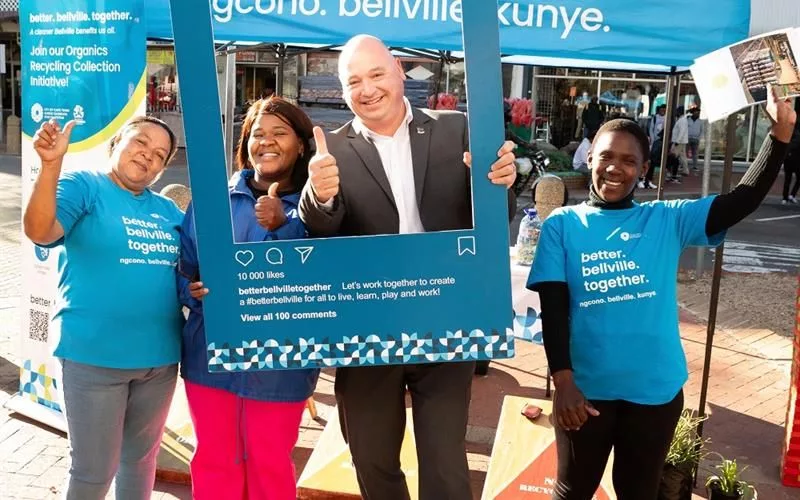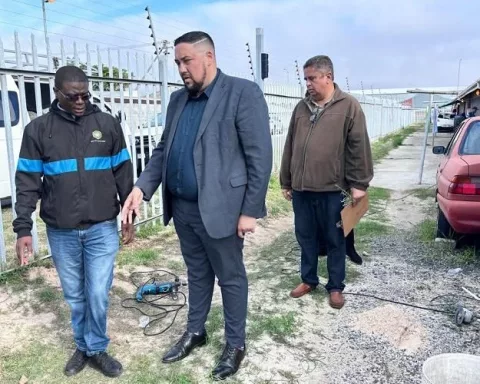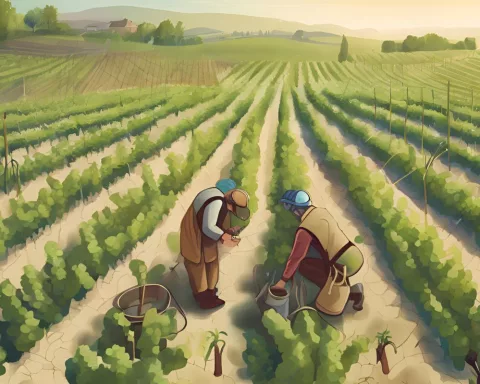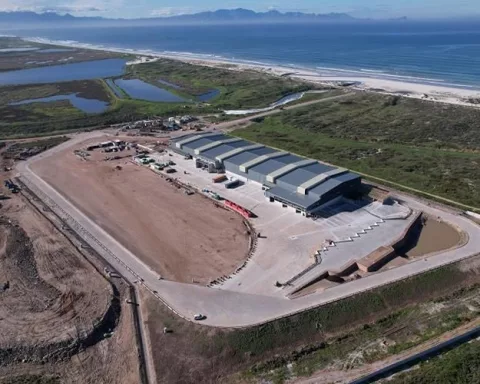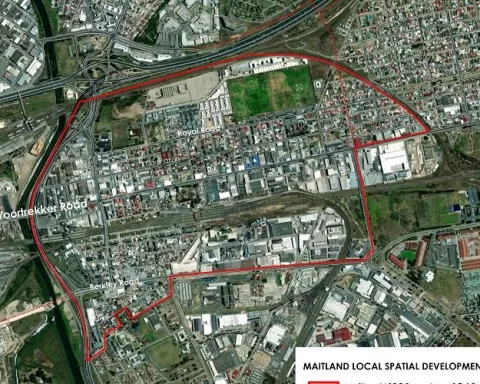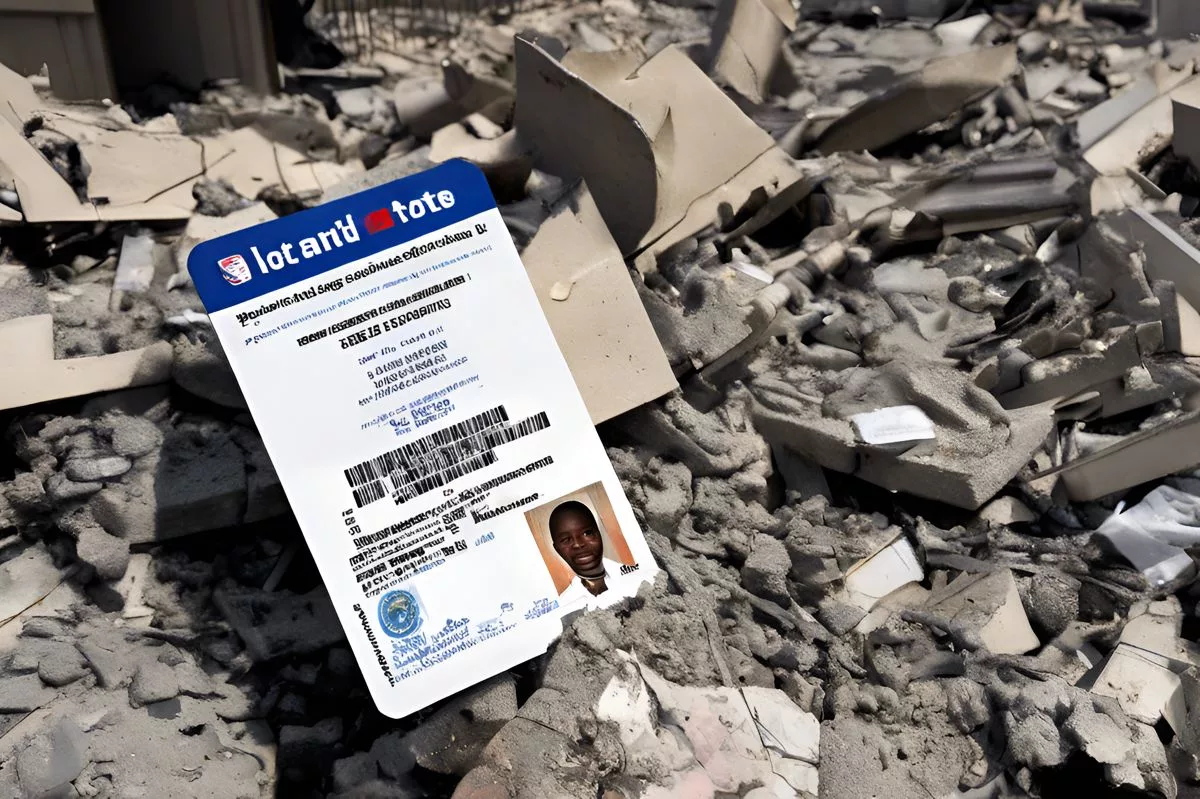The better. bellville. together. project is transforming the face of Bellville, a struggling urban neighborhood in Cape Town. Led by the city, the initiative promotes sustainable practices, business investment, and community efforts, generating employment, saving money, and improving the region’s well-being. It embodies the principles of a circular economy, promoting waste re-use and recycling, and serves as a blueprint for other communities grappling with similar issues. It has transformed Bellville into a hotbed of prosperity and sustainability, creating jobs, fostering greener spaces, and drawing potential investments.
Reinventing Bellville: The Transformational Initiative of Cape Town is a city-led project that aims to reshape the face of Bellville, promoting sustainable practices, business investment, and community efforts. The initiative has generated employment, saved the government money, and succeeded in driving job creation, cost efficiency, and improving the region’s well-being. It serves as a motivation and a model for other communities grappling with similar issues.
A City-Driven Initiative for Urban Renewal
Nestled in the heart of Cape Town is Bellville, an urban neighborhood brimming with potential yet struggling with economic stagnation and environmental blight. The city-led project, better. bellville. together., initiated and helmed by the Greater Tygerberg Partnership (GTP), is striving to reshape the face of Bellville. More than just a typical urban renewal project, this initiative serves as a beacon of hope in the gloomy landscape of rampant unemployment and deteriorating environment, exemplifying the effectiveness of concerted efforts from the community, sustainable practices, and business investment.
Despite its location within the financial stronghold of Cape Town, Bellville was previously neglected. Now, it stands on the precipice of a transformative journey. In just a year, the better. bellville. together. project has kindled a new light in Bellville, generating employment for 40 jobless individuals and saving the government a significant R1.3 million.
Here’s the Story of Those Directly Impacted
The true transformative capacity of this project is best expressed by the individuals it has directly touched. Benedictine Aljosha Blaauw, a member of the illegal graffiti removal team, says the project has helped him create a sustainable lifestyle. Similarly, Qhamani Ningiza, a waste educator, has managed to finance his education through this initiative. Their stories are part of the larger narrative—the metamorphosis of Bellville into a hotbed of prosperity and sustainability.
The champion of this transformation is Alderman James Vos, the City’s Mayoral Committee Member for Economic Growth. He praises the project as a glowing example of local efforts yielding extraordinary results. “Through inventive placemaking, waste management, and resource diversion, we’re not just creating jobs and saving costs but also laying the foundation for a sustainable future,” proclaims Vos, attributing the initiative’s triumph to the synergy among businesses, the government, and the community.
Shaping a Circular Economy and a Sustainable Future
The project also embodies the principles of a circular economy, promoting waste re-use and recycling over landfill disposal. The GreenCape Waste Market Intelligence Report 2022 suggests that this approach could inject between R320 million and R5 billion annually into the local economy. The report indicates that the Cape Town metropolitan area produced a large amount of organic waste, most of which ended up in landfills, representing a potential annual value-add of up to R3.2 billion.
Embracing the concept of circularity, the project diverts a significant amount of food waste from landfills each year, repurposing it into valuable compost. This compost is utilized by Mould Empower Serve (MES), a local social development organization, for their food and public gardens. The composting project reaps significant economic and environmental rewards, fostering greener spaces, urban farming, and considerable waste cost savings.
Impact Beyond Economic and Environmental Dimensions
The project’s scope extends beyond solely economic growth and environmental sustainability. By converting waste into valuable resources and enhancing public spaces, the initiative has succeeded in driving job creation, cost efficiency, and improving the region’s wellbeing. It has also alleviated the financial burden on municipal waste management systems, enabling a more effective distribution of public resources.
Selwa Riquest, an informal trader, applauds the project for its significant transformation: “The place is much cleaner now, and my customers are fond of the alternative packaging. The team is doing an excellent job.” By making streets cleaner and safer, the project has not only revitalized existing businesses but has also drawn potential investments.
A Blueprint for Other Communities
The triumph of the better. bellville. together. initiative extends beyond being a mere urban success narrative. It serves as a motivation, a model for other communities grappling with similar issues. As the initiative continues to broaden its reach and influence, it underscores the staggering potential of local action and collaboration in achieving broader environmental and economic goals.
To learn more about the better. bellville. together. project and how to participate in this transformative process, please visit www.bettertogether.africa.
What is the better. bellville. together. project?
The better. bellville. together. project is a city-led initiative aimed at transforming Bellville, a struggling urban neighborhood in Cape Town, into a prosperous and sustainable community through sustainable practices, business investment, and community efforts.
How has the initiative impacted the community?
The initiative has generated employment, saved the government money, and succeeded in driving job creation, cost efficiency, and improving the region’s well-being. The project has also alleviated the financial burden on municipal waste management systems, enabling a more effective distribution of public resources.
What are the guiding principles of the initiative?
The initiative embodies the principles of a circular economy, promoting waste re-use and recycling over landfill disposal. It diverts a significant amount of food waste from landfills each year, repurposing it into valuable compost, fostering greener spaces, urban farming, and considerable waste cost savings.
How has the initiative impacted individuals in the community?
The initiative has directly benefited individuals in the community by generating employment for 40 jobless individuals and helping others create sustainable lifestyles. Qhamani Ningiza, a waste educator, has managed to finance his education through the initiative.
What is the vision for the future of Bellville?
The initiative aims to transform Bellville into a hotbed of prosperity and sustainability, creating jobs, fostering greener spaces, and drawing potential investments. The project has succeeded in laying the foundation for a sustainable future for the community.
Is the initiative a model for similar communities?
Yes, the initiative serves as a model and motivation for other communities grappling with similar issues. It underscores the staggering potential of local action and collaboration in achieving broader environmental and economic goals. To learn more about the initiative, visit www.bettertogether.africa.

